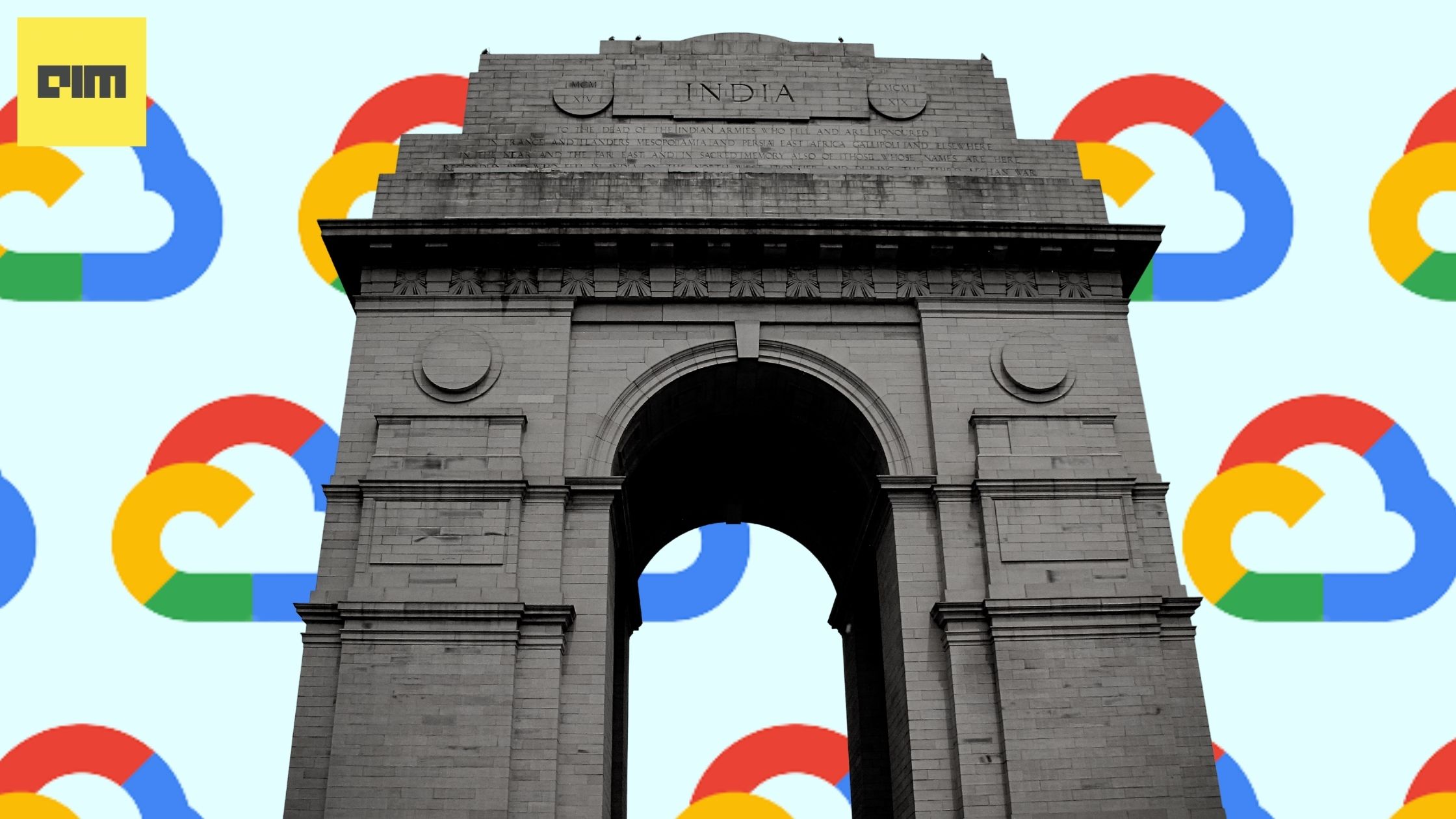Today, Google launched its second cloud region in Delhi NCR, India. With its latest launch, Google now has 26 cloud regions, 79 zones and 146 points of presence worldwide. In the Asia Pacific, Delhi NCR marks the 10th region. In India, the first cloud region was set up in Mumbai in 2017.
“This is our second cloud region in India. It will help businesses of all sizes solve complex challenges while using reliable and secure cloud technology even closer to home,” said Sundar Pichai, the CEO of Alphabet and Google.
Pichai said HDFC Bank has been using Google Cloud for scale and operational resilience. Further, he told the Indian social media platform Sharechat is also using Google Cloud to serve its customers across 15 different Indian languages. “I look forward to seeing how the country’s businesses and institutions will use the power of cloud to build the future of India and beyond,” said Pichai.
With the Delhi NCR cloud region, businesses across the public sector, private enterprises, government and startups can now take advantage of big data and infrastructure services onshore in alignment with India’s data laws and regulations. The Delhi and Mumbai regions will enable a geographically separate in-country network for customers’ mission-critical applications.
Competition
Google Cloud faces tough competition from Microsoft Azure and Amazon Web Services (AWS). In 2015, Microsoft Azure entered the Indian market, and now has cloud regions in Pune, Chennai and Mumbai. The local Microsoft cloud services offer customers data residency, data replication in multiple regions within the country for backup and recovery, private connection to the cloud, reduced network distance and lower latency.
In 2020, Amazon announced its plans to open its second AWS region in Hyderabad and pledged $2.8 billion to set up the infrastructure. It launched its first region in Mumbai in 2016. The new cloud region is expected to be launched in 2022, revealed by AWS chief evangelist Jeff Barr.
Fueling digital transformation
Last year, Google launched a digitisation fund with an investment of INR 75,000 crores to boost India’s growing digital transformation and technology adoption. Last month, Google struck a 5G partnership deal with Jio to help people access better and faster internet.
According to IDC, India’s spending on public cloud services had reached $3.6 billion in 2020 as more companies turned to cloud computing as remote work and work from home became the norm in the wake of the pandemic. In the second half of 2020, the revenue from cloud-based infrastructure, platforms and applications touched $1.9 billion. The overall public cloud services market in the country is expected to reach $9.5 billion, growing at a compound annual growth rate (CARG) of 21.5 percent.
Google Cloud CEO Thomas Kurian said it is firmly committed to supporting Indian businesses by providing cloud infrastructure and technologies to support the digitisation of organisations of all sizes.
According to Kurian, the benefits of having a second cloud region in India, include:
- It makes it easier and faster for Indian startups, digital natives, and traditional enterprises to leverage Google Cloud on-demand network that is faster, reliable and less expensive.
- It provides additional disaster recovery options for its customers within the country.
- Delivers more choice for customers to store their data locally, enabling them to meet emerging digital sovereignty requirements.
“This (data localisation) is important for those in regulated industries such as financial services and public sector,” said Kurian.
In terms of value add for its customers, Kurian said it offers high scale compute and storage, secured with a private high bandwidth secure network; security tools to protect applications and data; management tools to monitor and optimise cost; and DevOps tools and API management to enable developers to deploy applications quickly and efficiently.
According to Google, all of these tools are offered in four configurations: public cloud, private cloud, multi-cloud, and edge computing platforms. Google has developed a data cloud that provides a comprehensive set of technology to learn to ingest data, either through streaming or batch, to manage relational and non-relational databases.
Google provides a high scale, easy to manage data lake and data warehouse services to load data, where the user can either run functions using MapReduce or Spark; use a data warehouse that the user can query using SQL; and build a data science platform called Vertex for running AI/ML experiments. “Our data cloud allows you to access, analyse and derive insights from both structured and unstructured data, in Google or any other cloud,” said Kurian.
Ensuring trusted and secure transfer of data to the cloud, Kurian said it offers three important aspects — a comprehensive set of security services, data protection solutions and tools like Cloud Armour which protects applications and data in the cloud from network attacks. It also offers a comprehensive zero-trust solution, allowing users to secure systems within Google cloud or any other cloud platform.
Industry agnostic solutions
“Google has plenty of deep expertise in artificial intelligence and machine learning. We want to make it easy for customers to adopt our advances in AI and machine learning. So, in addition to providing you with a data science platform where you can build applications and build your own AI model, we offer you a set of packaged solutions,” said Kurian.
Citing IndiaMart, Kurian said these packaged solutions would help retailers improve e-commerce system retail search and product discovery, get recommendations and personalisation, and improve the accuracy in forecasting demand.
In healthcare, the solutions will offer telehealth and connected virtual care. Recently, Google has built a clinical data lake, allowing doctors and researchers to identify insights from the data and do biomedical data analytics. For this, Google is working alongside Indian pharmaceutical company Dr Reddy’s.
Google looks to support government organisations and businesses in every industry from banking to manufacturing, media and entertainment, and healthcare
“We believe that today’s launch is the next step for Google Cloud and Alphabet in our continued commitment. We look forward to partnering with you and helping you take advantage of all the benefits that our cleanest cloud has to offer. I am proud to announce that our Delhi NCR region is now live,” concluded Kurian.












































































